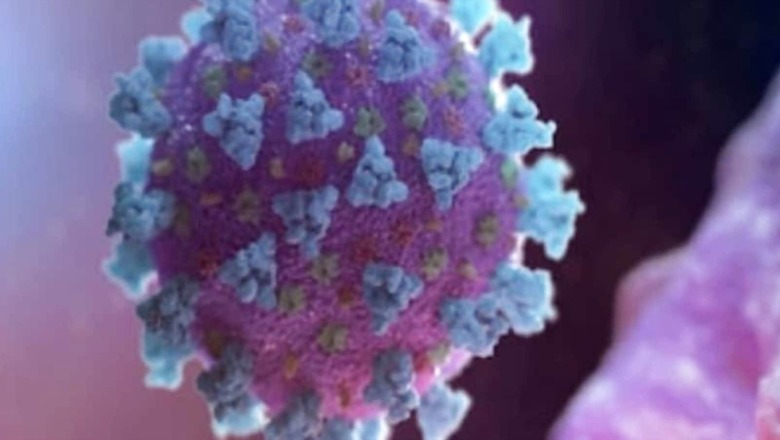
views
A latest research has revealed that T cells could have some long-lasting immunity against severe Covid-19 infection. According to a report by Times of India that quoted the research, this assumes significance and may allay concerns that antibodies gained through infection or vaccination may become less effective over time.
News18 explains to you are what are T cells and how they work as the body’s fort of defence:
What are killer and helper T cells?
Alongside antibodies, the immune system produces a battalion of T cells that can target viruses. Some of these, known as killer T cells, seek out and destroy cells that are infected with the virus. Others, called helper T cells are important for various immune functions, including stimulating the production of antibodies and killer T cells.
Do T cells help prevention of infection?
T cells do not prevent infection, because they kick into action only after a virus has infiltrated the body. But they are important for clearing an infection that has already started. In the case of COVID-19, killer T cells could mean the difference between a mild infection and a severe one that requires hospital treatment.
But what about emerging variants?
Research by immunologist Alessandro Sette at the La Jolla Institute for Immunology in California found that T cells could also be more resistant than antibodies to threats posed by emerging variants. Studies by Sette and his colleagues have shown that people who have been infected with SARS-CoV-2 typically generate T cells that target at least 15–20 different fragments of coronavirus proteins.
Does vaccine effectiveness fade over time?
Dr. Anthony Fauci, White House chief medical advisor, has said that the protection the Covid vaccines provide will inevitably decrease over time, which would necessitate booster shots.
Research is currently being done to determine if, when and who should get booster shots.
The WHO last week called for a moratorium on Covid-19 vaccine booster shots until at least the end of September to address the drastic inequity in dose distribution between rich and poor nations.
World Health Organization chief Tedros Adhanom Ghebreyesus called on the countries and companies controlling the supply of doses to change gear and ensure more vaccines to less wealthy states.
Read all the Latest News, Breaking News and Coronavirus News here.
















Comments
0 comment